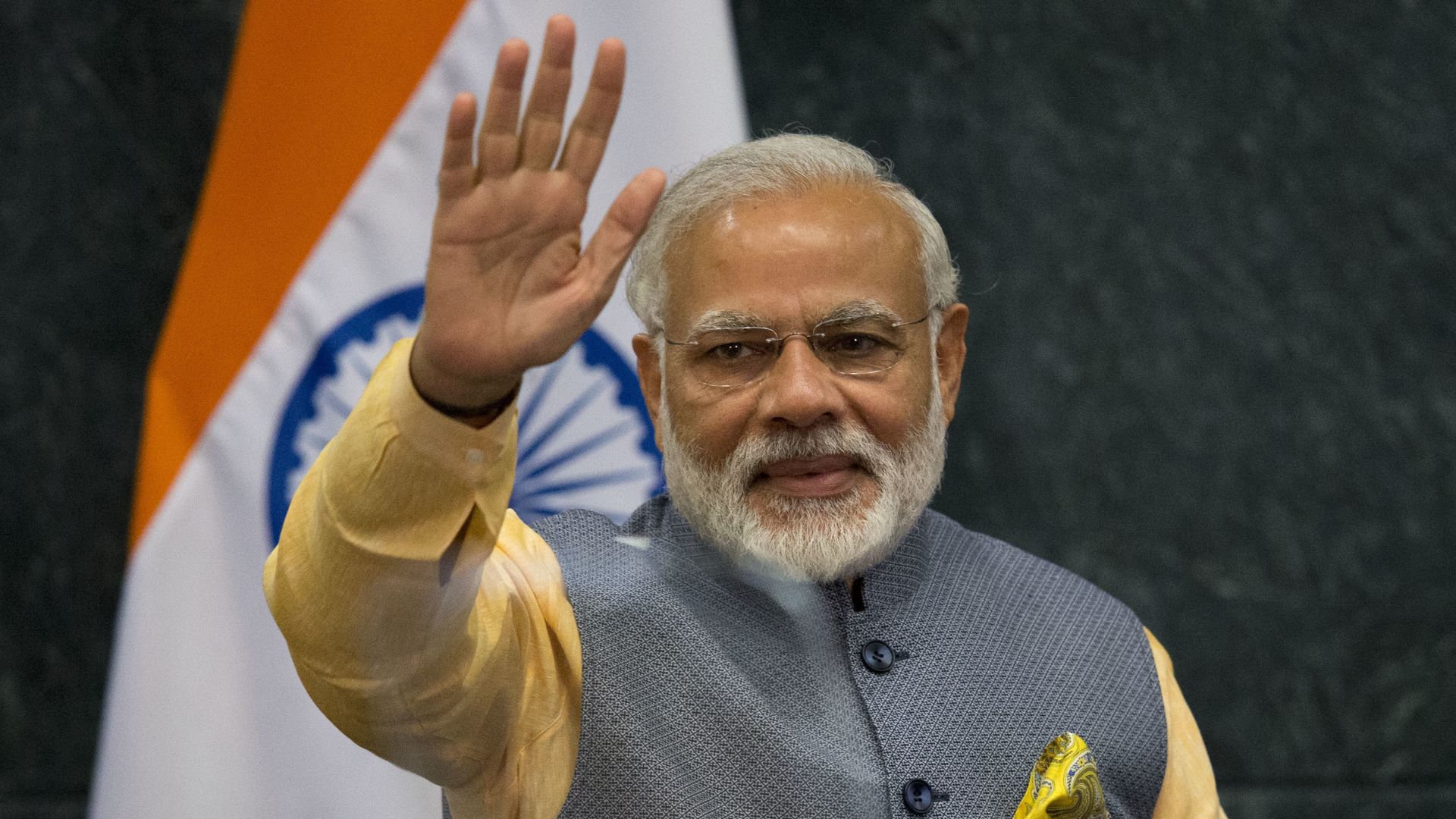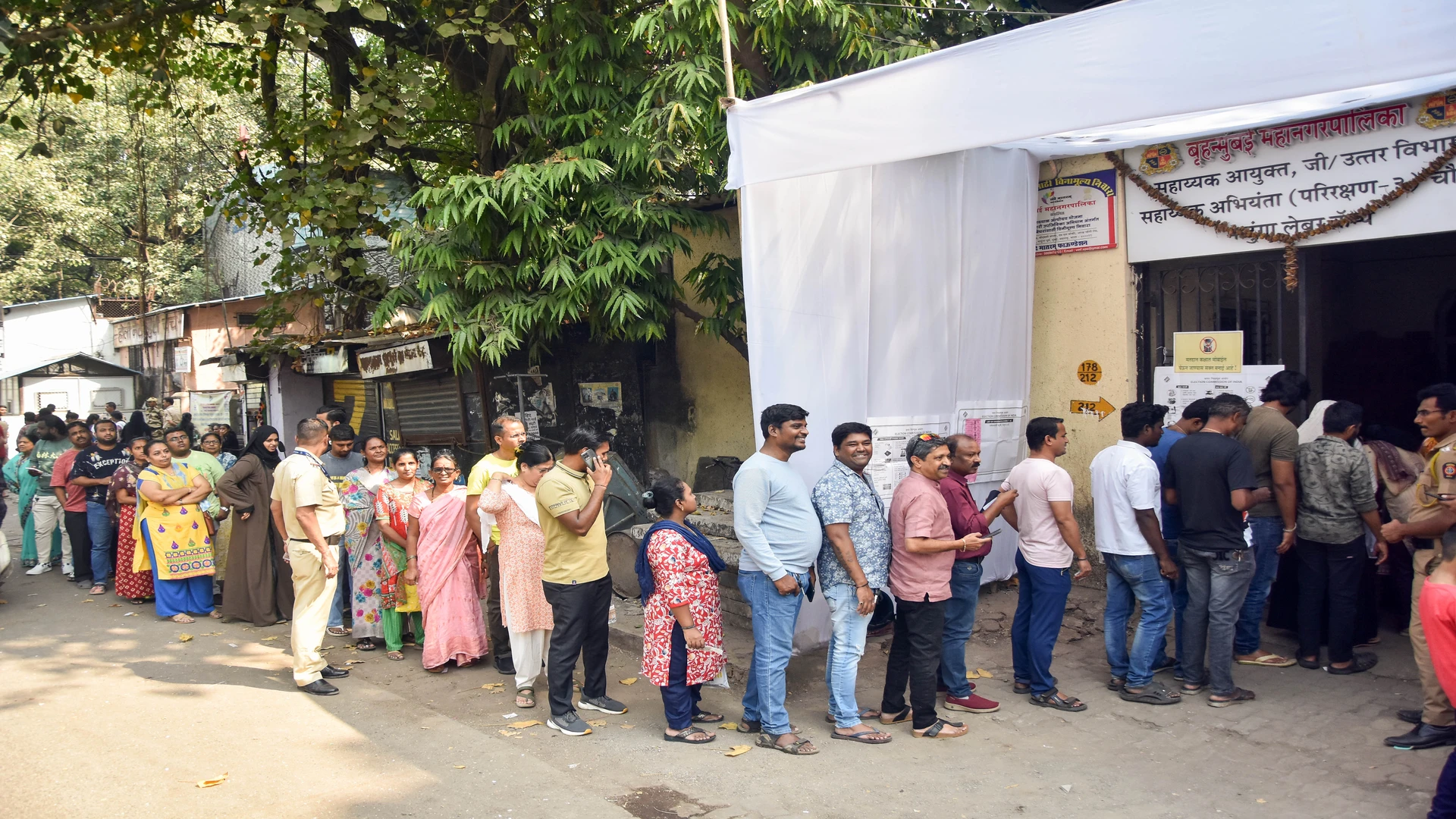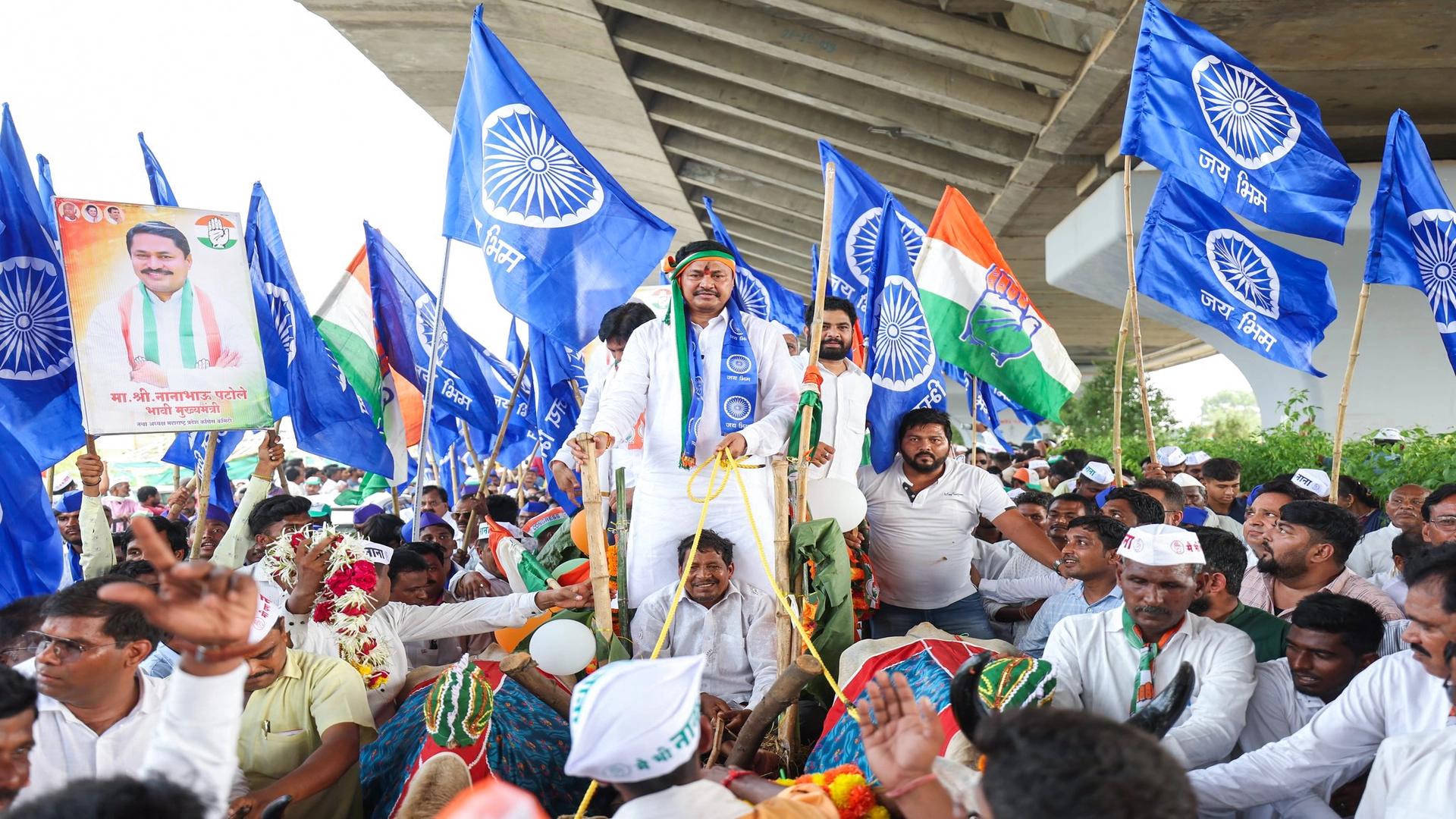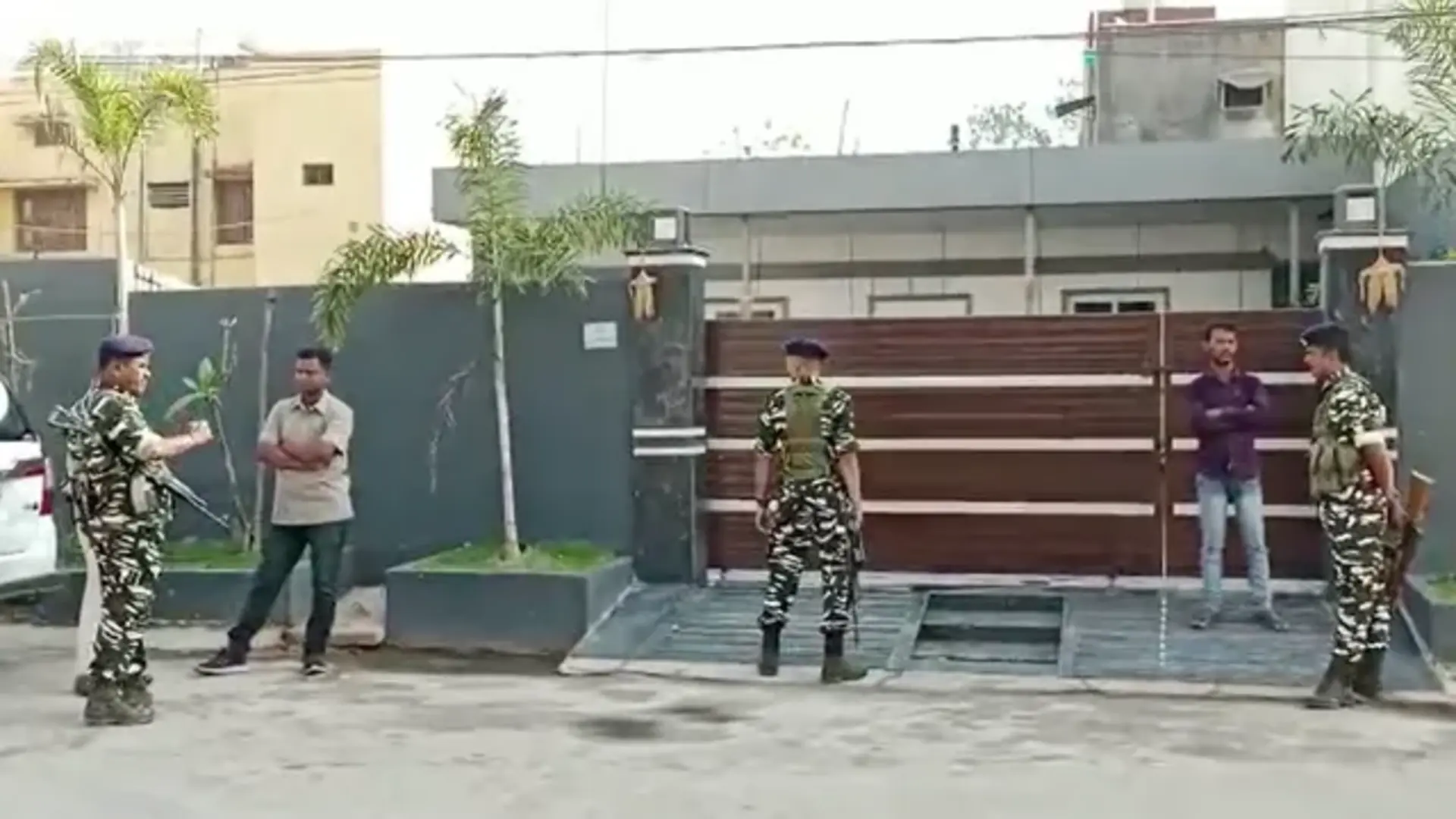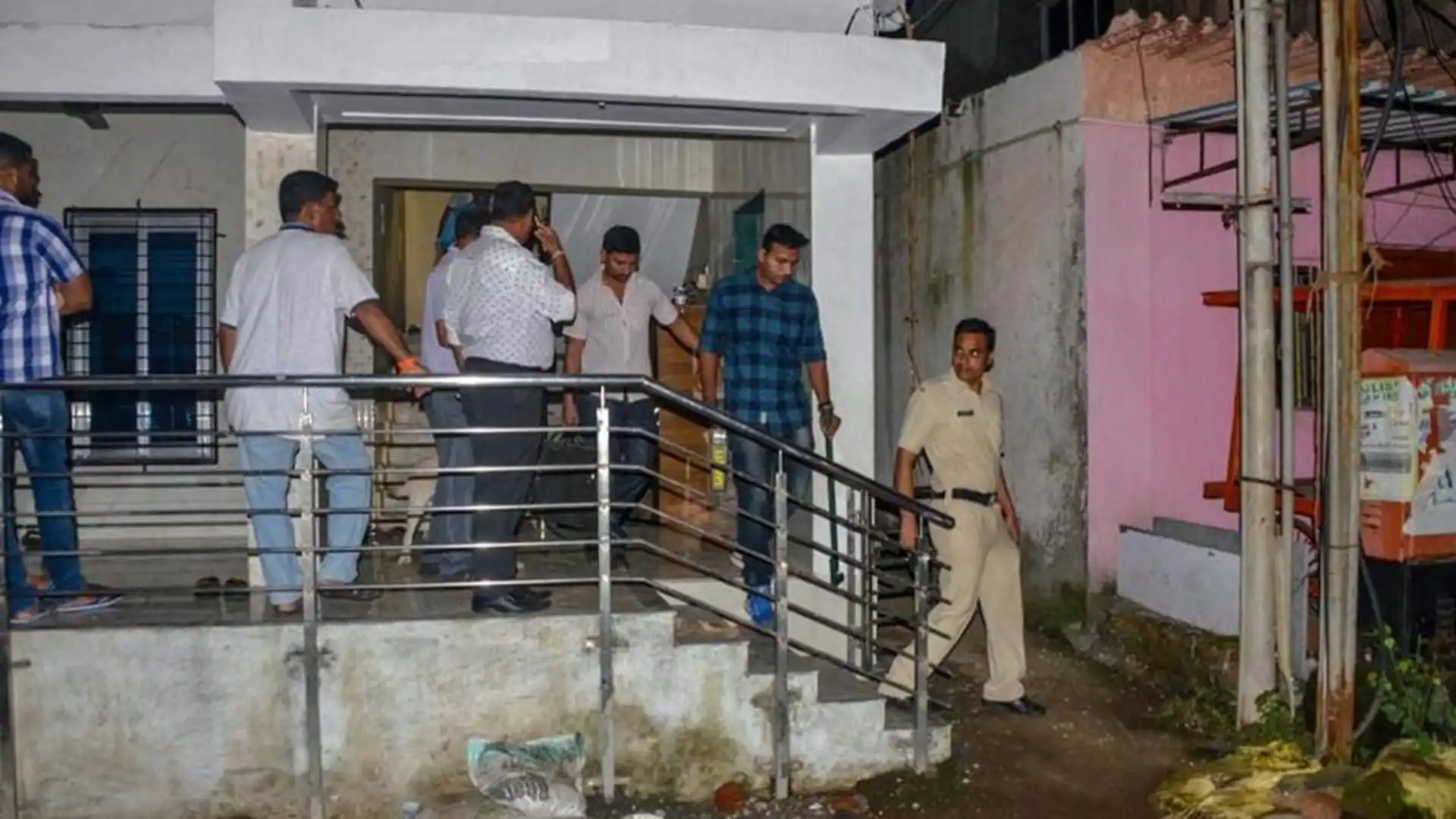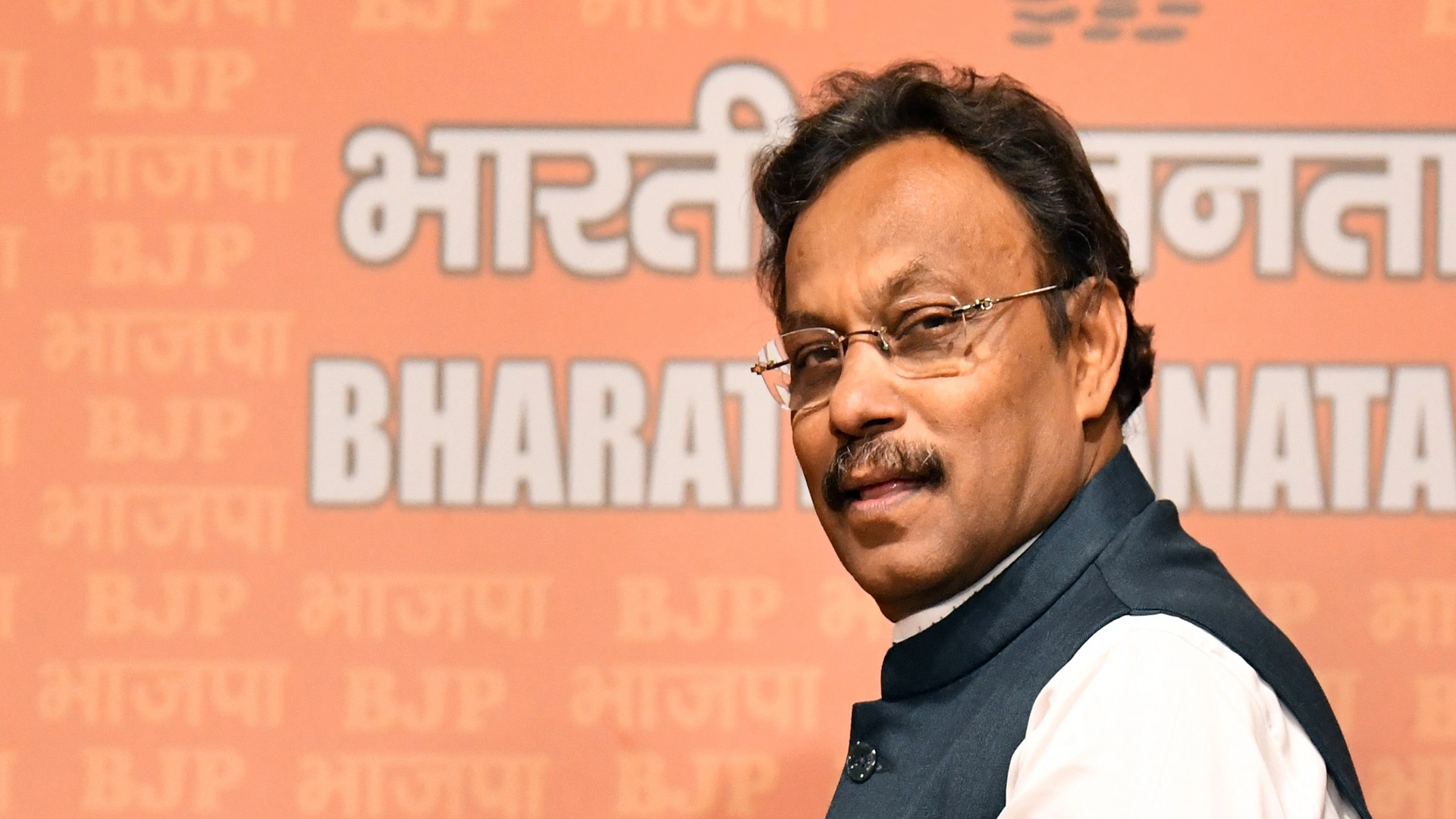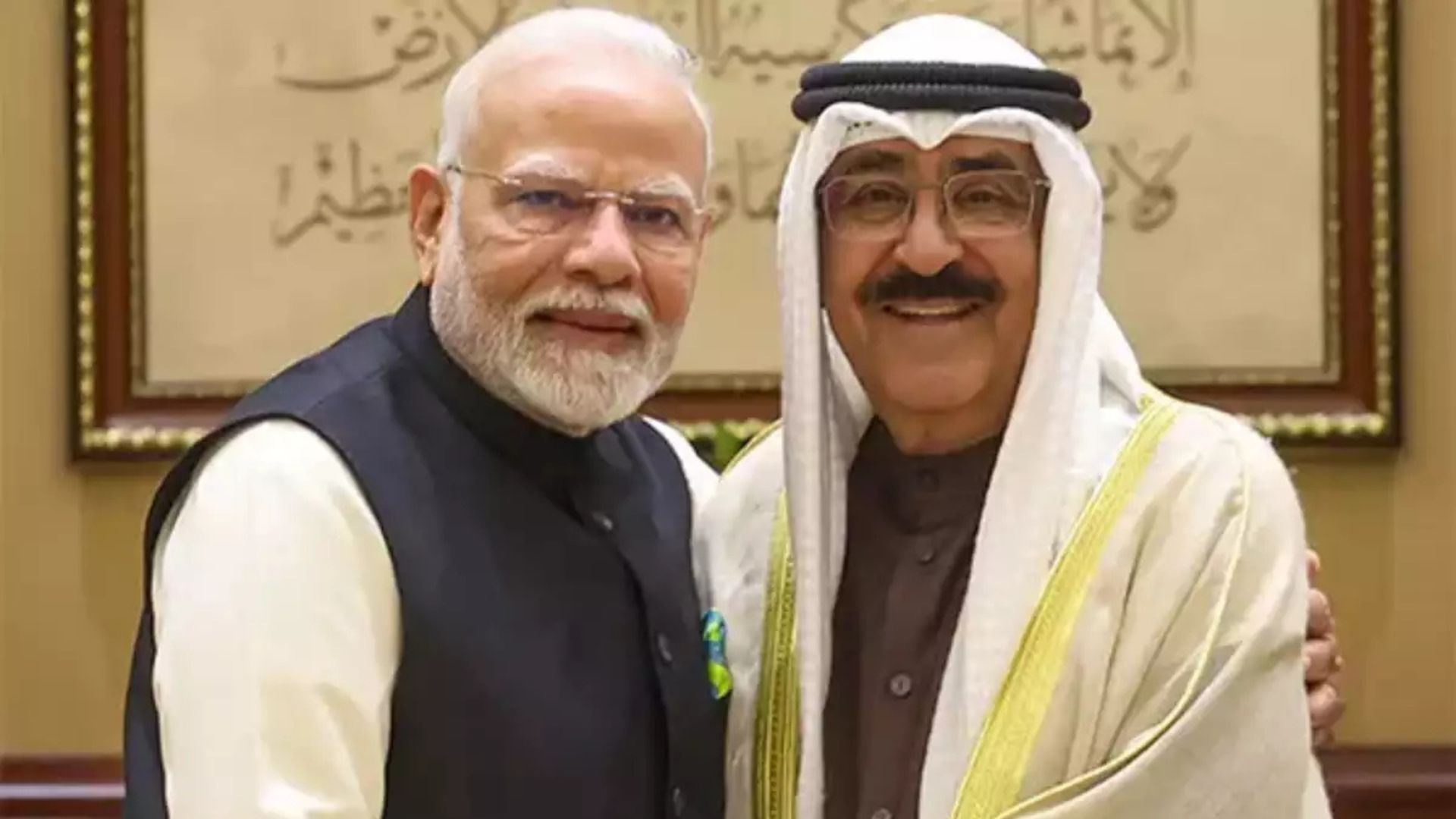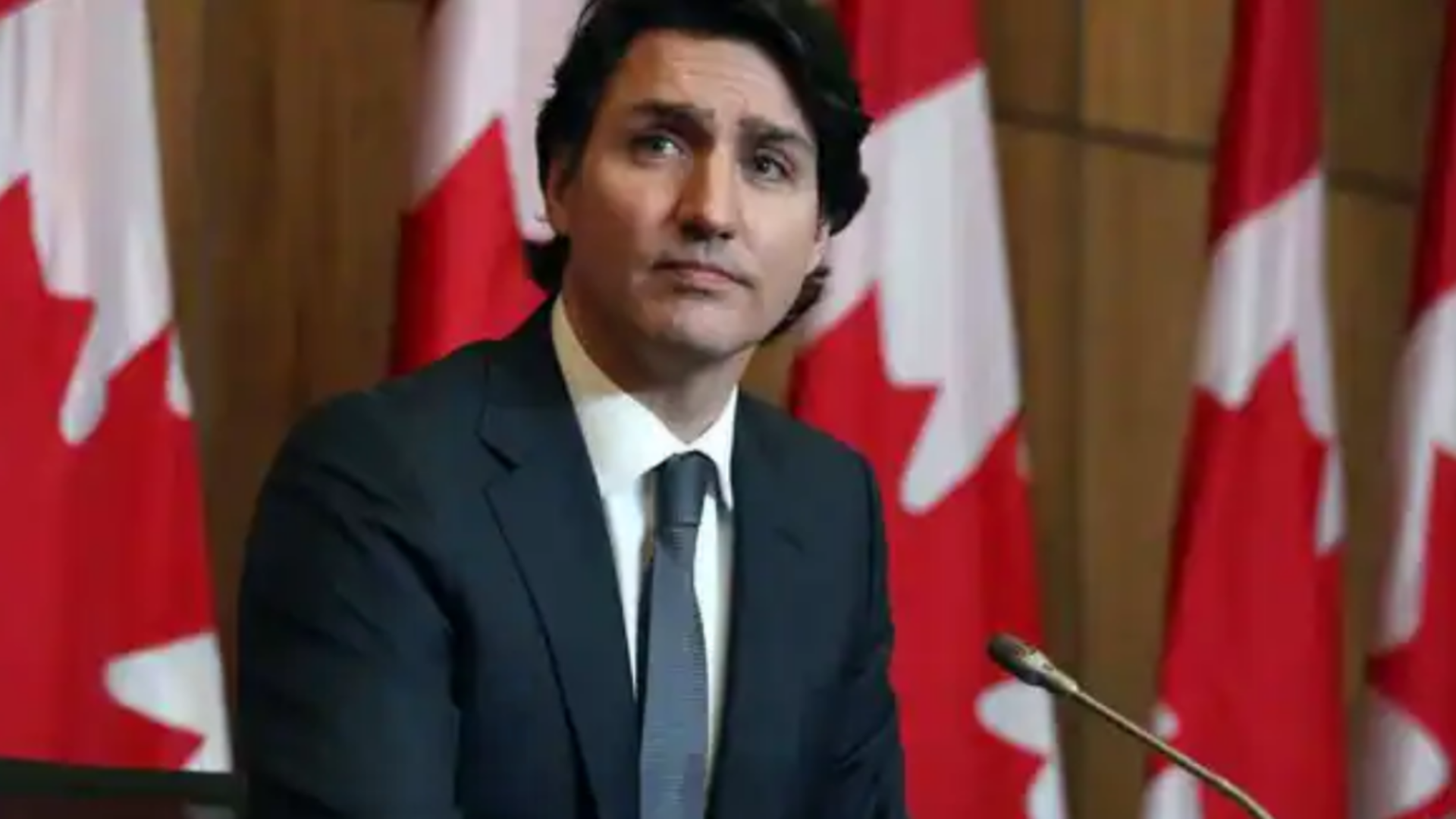PM Narendra Modi, has secured victory in the Varanasi Lok Sabha constituency for the third consecutive time, defeating Uttar Pradesh Congress president Ajai Rai by a significant margin of 1,52,513 votes, securing 612970 votes. This victory reinforces Modi’s stronghold in Varanasi, one of the 80 parliamentary constituencies in Uttar Pradesh, where he has been elected twice before.
Prime Minister Narendra Modi’s political journey
Prime Minister Narendra Modi’s political journey began with his active involvement in the Rashtriya Swayamsevak Sangh (RSS) during his teenage years. He later joined the Bharatiya Janata Party (BJP) and steadily rose through its ranks, holding various organizational roles within the party.
Modi appointed as Gujarat CM in 2001
In 2001, Modi was appointed as the Chief Minister of Gujarat, a position he held for three consecutive terms until 2014. During his tenure as Gujarat’s Chief Minister, Narendra Modi prioritized economic growth and infrastructure development. His policies aimed to streamline bureaucracy and attract investment, propelling Gujarat into an industrial powerhouse. Despite controversy surrounding the 2002 Gujarat riots, Modi won re-election in 2002, 2007, and 2012, highlighting public support for his development agenda. His leadership laid the groundwork for his eventual role as Prime Minister of India.
Prime Ministership:
In 2014, Narendra Modi spearheaded the Bharatiya Janata Party (BJP) to an overwhelming triumph in the general elections, clinching a majority in the Lok Sabha. Subsequently, on May 26, 2014, he took the oath of office as the 14th Prime Minister of India. Throughout his tenure, Modi has been instrumental in launching several transformative economic and social initiatives. These include the ambitious “Make in India” campaign aimed at boosting domestic manufacturing, the Swachh Bharat Abhiyan (Clean India Mission) focusing on sanitation and cleanliness, and the implementation of the Goods and Services Tax (GST) to streamline the taxation system. In addition to his domestic agenda, Modi’s foreign policy approach has prioritized strengthening diplomatic relations with various nations worldwide, thereby elevating India’s stature on the global stage.
Re-election and Second Term of Modi:
In the 2019 general elections, Narendra Modi once again led the Bharatiya Janata Party (BJP) to a decisive victory, securing an even larger mandate than in 2014. Following this resounding win, he was sworn in for a second consecutive term as Prime Minister on May 30, 2019. Throughout his second term, Modi’s government prioritized several key initiatives aimed at addressing longstanding issues and driving transformative changes. This included the historic abrogation of Article 370 in Jammu and Kashmir, a significant move aimed at closer integration of the region with the rest of India. Additionally, the passage of the Citizenship Amendment Act (CAA) sparked nationwide debates and discussions, shaping the discourse on citizenship and immigration. Alongside these bold legislative actions, Modi’s administration continued to focus on implementing various economic reforms to stimulate growth and development across sectors.
COVID-19 Pandemic and Response:
Modi’s leadership during the COVID-19 pandemic faced both praise and criticism. His government implemented nationwide lockdowns to curb the spread of the virus, while also facing challenges such as migrant labor crises and vaccine distribution.
PM Modi’s Global Impact: Strengthening India’s Presence on the World Stage
Prime Minister Narendra Modi has made a significant impact on the international stage through his dynamic diplomacy and assertive foreign policy initiatives. His proactive engagement with global leaders and participation in key international forums have raised India’s profile and enhanced its influence on the world stage. Modi’s efforts to strengthen bilateral relations with major powers like the United States, Russia, China, and European Union countries have led to closer strategic partnerships and increased cooperation in areas such as defense, trade, and technology.
Additionally, his emphasis on promoting India’s cultural and economic interests through initiatives like the “Make in India” campaign and the International Yoga Day has garnered international attention and goodwill. Modi’s proactive approach to regional diplomacy, particularly in South Asia and the Indo-Pacific, has also helped India play a more assertive role in shaping regional security and economic dynamics. Overall, Prime Minister Modi’s image on the international level is characterized by his leadership, vision, and efforts to position India as a global player and a responsible stakeholder in the international community.
Ongoing Leadership:
Narendra Modi continues to lead the country as Prime Minister, with his leadership shaping India’s political, economic, and social landscape.
Throughout his political career, Narendra Modi has been a polarizing figure, admired by supporters for his decisive leadership and criticized by opponents over various policies and decisions.

